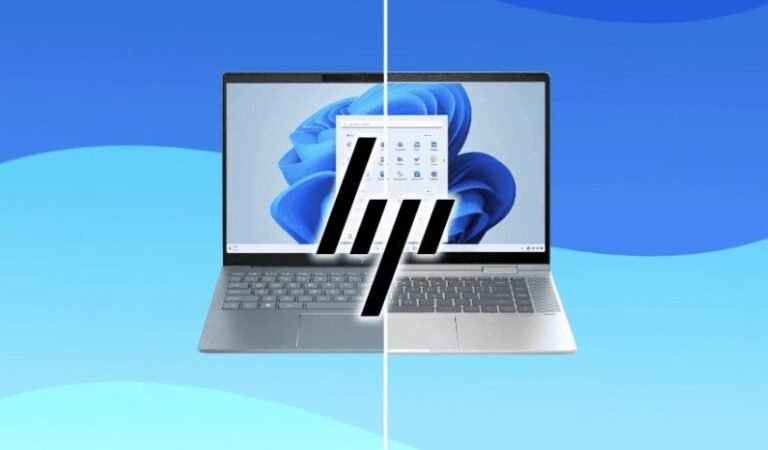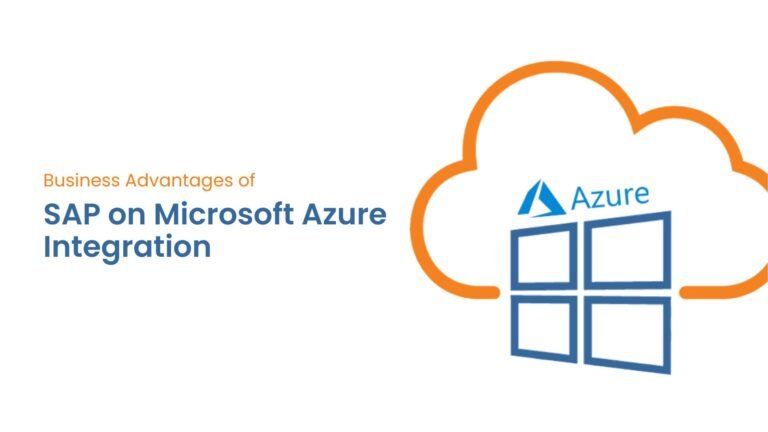Why Every Healthcare Provider Needs a Reliable Medical Software Development Company
In today’s fast-paced healthcare environment, the need for efficient and effective medical software has never been more critical. As healthcare providers strive to deliver high-quality patient care, they increasingly rely on technology to manage operations, streamline workflows, and enhance patient engagement. In this context, partnering with a reliable medical software development company becomes not just beneficial but essential. This article explores the key reasons why every healthcare provider should consider such a partnership.
1. Tailored Solutions for Unique Needs
Every healthcare organization operates differently, with specific workflows, challenges, and requirements. A reliable medical software development company can offer customized solutions tailored to the unique needs of a healthcare provider. Unlike off-the-shelf software, which may only partially address the specific requirements, custom solutions ensure that all functionalities align with the provider’s processes.
For instance, a medical software development company can create an Electronic Health Record (EHR) system that integrates seamlessly with existing workflows, ensuring that healthcare professionals can access and manage patient information efficiently. This customization improves user adoption and enhances the overall efficiency of healthcare delivery.
2. Enhanced Patient Engagement
Patient engagement is crucial for improving health outcomes and ensuring patient satisfaction. A well-designed medical software solution can facilitate better communication between healthcare providers and patients. Features such as patient portals, telemedicine capabilities, and appointment scheduling apps enable patients to take an active role in their healthcare journey.
By collaborating with a medical software development company, healthcare providers can develop user-friendly applications that empower patients to access their health information, communicate with their healthcare teams, and manage appointments. Enhanced patient engagement not only improves satisfaction but also promotes adherence to treatment plans, leading to better health outcomes.
3. Compliance with Regulatory Standards
The healthcare industry is heavily regulated, with strict compliance requirements regarding data security, privacy, and patient information management. A reliable medical software development company is well-versed in these regulations and can ensure that the software solutions developed comply with standards such as HIPAA (Health Insurance Portability and Accountability Act) and other relevant laws.
Compliance is not just about avoiding penalties; it also builds trust with patients. When patients know that their information is secure and that their healthcare provider adheres to industry standards, they are more likely to engage with the provider and share their information openly.
4. Integration with Existing Systems
Healthcare providers often use multiple systems for various functions, including billing, scheduling, and patient records. A reliable medical software development company can help integrate these systems, creating a seamless flow of information across the organization. This integration minimizes data silos, reduces the risk of errors, and enhances the overall efficiency of operations.
For example, integrating a practice management system with EHRs can streamline billing processes, ensuring that charges are accurate and up-to-date. This integration not only saves time but also reduces administrative costs, allowing healthcare providers to focus on patient care rather than paperwork.
5. Data Analytics for Informed Decision-Making
Data analytics plays a pivotal role in modern healthcare, allowing providers to gain insights into patient outcomes, operational efficiency, and overall performance. A medical software development company can incorporate data analytics features into custom solutions, enabling healthcare providers to collect and analyze data effectively.
With robust analytics tools, providers can identify trends, monitor key performance indicators, and make informed decisions that enhance patient care and operational efficiency. For example, analytics can reveal patterns in patient admissions, helping providers optimize staffing and resource allocation.
6. Scalability for Future Growth
As healthcare organizations grow, their software needs evolve. A reliable medical software development company can create scalable solutions that accommodate future growth and changes in the healthcare landscape. Whether expanding services, adding new providers, or incorporating emerging technologies, a scalable solution ensures that the software can adapt to new demands without significant overhauls.
Investing in a scalable solution from the outset can save healthcare providers time and money in the long run, as it eliminates the need for frequent software replacements or major updates.
7. Improved Workflow Efficiency
Inefficient workflows can lead to delays, errors, and decreased productivity in healthcare settings. A medical software development company can analyze existing processes and develop solutions that streamline operations. This might include automating routine tasks, optimizing scheduling, or implementing better communication tools.
By improving workflow efficiency, healthcare providers can enhance the quality of care delivered to patients. For instance, reducing the time spent on administrative tasks allows healthcare professionals to dedicate more time to direct patient care, fostering better relationships and outcomes.
8. Cost-Effectiveness
While some healthcare providers may hesitate to invest in custom software solutions due to perceived costs, the long-term benefits often outweigh the initial investment. A reliable medical software development company can help identify areas where automation and technology can reduce costs, such as minimizing manual data entry or enhancing billing processes.
Moreover, custom solutions can lead to significant savings by improving operational efficiency and reducing errors. Over time, the return on investment (ROI) from improved patient care, reduced administrative costs, and enhanced productivity can be substantial.
9. Continuous Support and Maintenance
Technology is constantly evolving, and healthcare providers must ensure that their software solutions remain up-to-date and functional. A reputable medical software development company offers ongoing support and maintenance, addressing any issues that arise and implementing updates as needed.
This continuous support is crucial for ensuring the longevity and reliability of the software. With regular updates, healthcare providers can take advantage of new features, security enhancements, and improvements that keep their systems running smoothly.
10. Staying Ahead of Technological Trends
The healthcare landscape is rapidly changing, with emerging technologies such as artificial intelligence, machine learning, and telehealth transforming the way care is delivered. Partnering with a medical software development company allows healthcare providers to stay ahead of these trends and leverage new technologies to improve patient care.
By incorporating the latest advancements into their software solutions, healthcare providers can enhance operational efficiency, offer innovative services, and meet the evolving needs of patients. This proactive approach not only improves care delivery but also positions providers as leaders in the healthcare industry.
Conclusion
In conclusion, the partnership with a reliable medical software development company is essential for healthcare providers aiming to thrive in an increasingly complex and technology-driven environment. Custom solutions tailored to unique needs, enhanced patient engagement, compliance with regulations, seamless integration, and ongoing support are just a few of the key benefits that such a partnership offers.
By investing in a medical software development company, healthcare providers can improve operational efficiency, enhance patient care, and ultimately achieve better health outcomes. As the healthcare landscape continues to evolve, those who embrace technology and innovation will be best positioned to succeed in the future.






